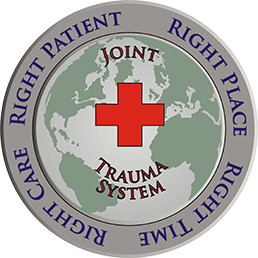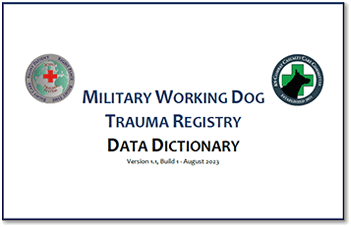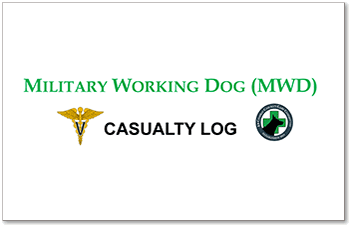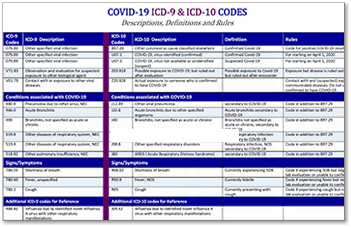Registries
The flagship product of the JTS is its Department of Defense Trauma Registry (DoDTR) a web-based data collection tool which supports US military performance improvement initiatives with global collection and aggregation of combat casualty care epidemiology, treatments and outcomes. The trauma data registry captures and documents, in electronic format, information about the demographics, injury-producing incident, diagnosis and treatment, and outcome of injuries sustained by US/Non-US military and US/Non-US civilian personnel in wartime and peacetime from the point of injury (POI) to final disposition. An adjunct to the DoDTR is the Store-and-Forward version that is rapidly deployed into austere environments with little to no internet connectivity.
As of Jan 2022, DoDTR housed data from over 144,637 trauma patient records, representing 106,819 unique trauma patients, and from after action reports to develop clinical practice guidelines (CPGs). The CPGs minimize medical practice variations from known evidence-based best practices and help save lives. The DoDTR also generates actionable medical information leading to advancements in trauma care. DoDTR data-driven advancements in the military trauma care such as Tranexamic Acid (TXA), hemostatic dressing and junctional tourniquets are being applied to civilian trauma care.
DoDTR data enables JTS to conduct performance improvement studies and gap analyses for medical capabilities to direct ongoing and future combat casualty care research, trauma skills training, and direct combat casualty care. DoDTR data analysis was instrumental in proving the Golden Hour evacuation policy saves lives. DoDTR data provided the supporting evidence to prompt a doctrinal change of Army flight medics from EMT-Basic to an EMT-Paramedic to improve the survivability of combat casualties.
DoDTR is the first trauma registry designed to function with fully integrated multi-specialty sub registries. These are:
- Military Orthopaedic Trauma Registry (MOTR): Active Registry
- Traumatic Brain Injury (TBI): Active Registry
- Anomalous Health Incident (AHI): Active Registry (As part of the TBI Registry…)
- Acoustic: (Dataset available) No active abstraction
- Infectious Disease: (Dataset available) No active abstraction
Non-integrated registries are:
- COVID-19: Active Registry "Moved to Carepoint"
- Military Working Dog (MWD): (Dataset available) No active abstraction
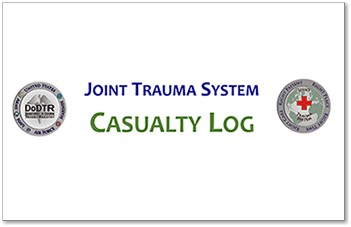
Click here for the
JTS Casualty Log
 An official website of the United States government
An official website of the United States government
 ) or https:// means you've safely connected to the .mil website. Share sensitive information only on official, secure websites.
) or https:// means you've safely connected to the .mil website. Share sensitive information only on official, secure websites.
